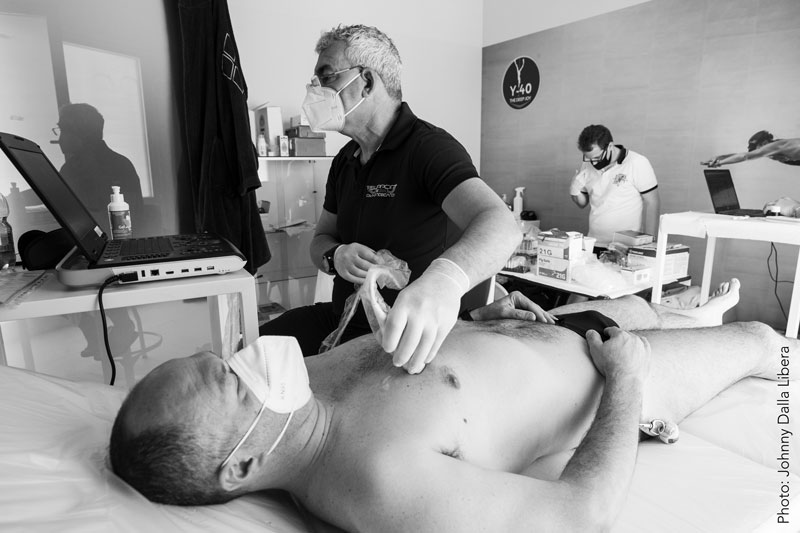That’s not what I asked: I asked if it is valid to tell people to see doctor for things like clots if they don’t get tested as part of the sign off.A simple blood test will show if your blood is still more prone to clotting than it should be. Micro-clotting, as I said, *has* been documented in people with asymptomatic Covid, so at the very least I'd see a dive specialist doctor and ask about it.
Hence I am asking if people get tested for clots when having mild symptoms.
I didn’t get anything else than the same test I get every time for fitness: since I am asthmatic I am checked for a reduction of lung capacity after mild exercise.
I was not asked to do a blood test, hence seeing a doctor has not addressed any issue about clotting for me.




